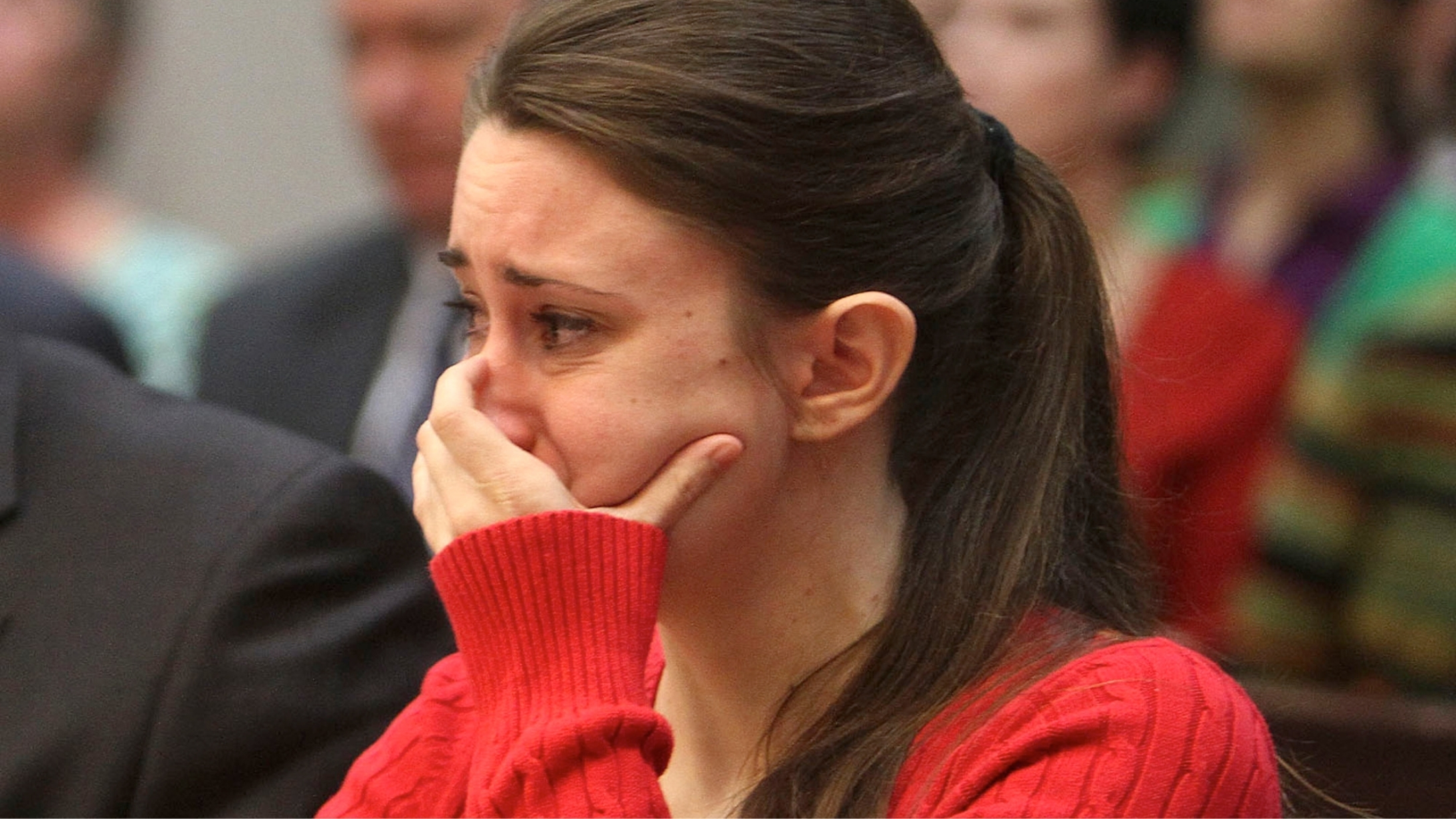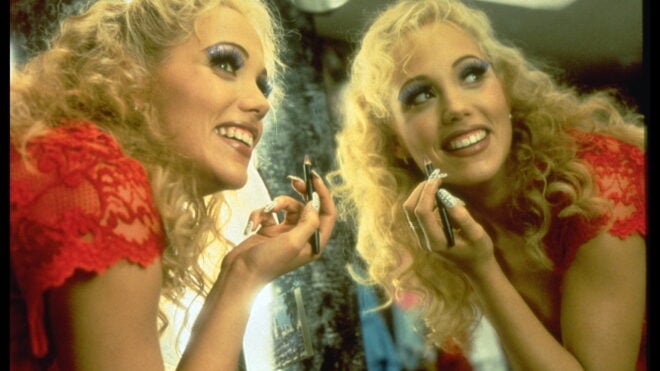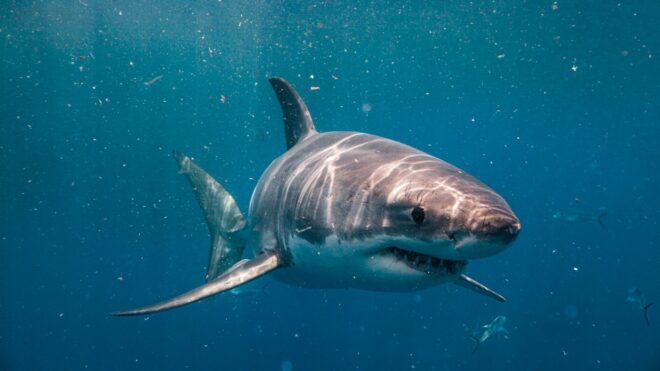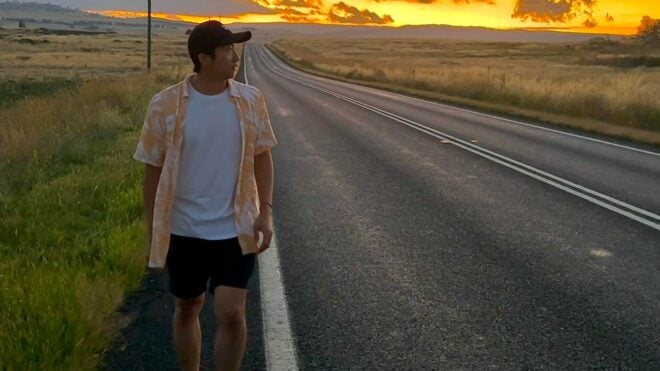
It's been over a decade since Casey Anthony's trial dominated headlines across the country. The then-25-year-old was believed to be responsible for the death of her 2-year-old daughter, Caylee Anthony.
The jury's decision to acquit Casey after Caylee's remains were discovered near her home shocked the country. After a trial lasting 33 days, more than 400 pieces of evidence, and testimony from 91 witnesses, she was convicted solely of lying to police. Many believed the jury got it wrong, but what was done was done.
More from LittleThings: When This Nanny’s Husband Set Up A Secret Camera, She Was Caught Wildly Out Of Line
Over a decade later, one of the male jurors has admitted to regretting his decisions. Though he's kept his identity anonymous, he's admitted that he should have pushed harder in some areas.
Seven women and five men sat on the jury in the very high-profile trial of Casey Anthony. From May 2011 to July 2011 that jury was sequestered, living in a hotel as the trial unfolded. The televised trial didn't allow for the jury to be seen, but their every move was analyzed as analysts and viewers tried to determine whether they would find the 25-year-old guilty of killing her 2-year-old daughter, Caylee.
The world was shocked when Casey was convicted of lying to the police but acquitted on all other charges. Some time after the trial, the jurors were publicly named. In the time since, many have moved from the Orange Country, Florida, area where the trial took place.
A month after the trial, one of the male jurors spoke to People, continuing to keep his identity anonymous. "Generally, none of us liked Casey Anthony at all," he admitted.
"She seems like a horrible person," he continued.
"But the prosecutors did not give us enough evidence to convict. They gave us a lot of stuff that makes us think that she probably did something wrong, but not beyond a reasonable doubt."
A decade later, the juror spoke to People about how his feelings had changed.
"I think of the case at least once, every single day," he admitted.
"It was such a strange summer. I knew that there was public interest in the case, but it wasn't until after I was sequestered that I realized that the whole world was watching."
The juror recalled what it was like to be sequestered with his fellow jurors. He remembered they felt many of the prosecutors were "arrogant." Defense attorney Jose Baez was one of few sympathetic characters in the situation. The juror noted he "was the only one in the room who seemed like he cared."
It's seeing and hearing about Caylee that fills that juror with regret. "Every time I see her face or hear her name, I get a pit in my stomach," he said.
"It all comes flooding back. I think about those pictures of the baby's remains that they showed us in court. I remember Casey. I even remember the smell of the courtroom."
Although they were unanimous in their decision to acquit, the decision was heavy on the minds of jurors, even then. "And then we sat there for a few minutes and were like, 'Holy [expletive], we are letting her go free,'" he said in 2011.
"Everyone was just stunned at what we were about to do. [One of the women jurors] asked me, 'Are you okay with this?' and I said, 'Hell, no. But what else can we do? We promised to follow the law.'"
He confessed that today he wouldn't handle the situation the same way. "My decision haunts me to this day," he admitted.
"I think now if I were to do it over again, I'd push harder to convict her of one of the lesser charges like aggravated manslaughter. At least that. Or child abuse. I didn't know what the hell I was doing, and I didn't stand up for what I believed in at the time."
The jurors had a group text following the trial. They stayed in touch for a while, but one by one, people began to drop off.
"It was painful for everyone," the juror said.
"I remember feeling sick every time I saw one of [the jurors'] names on my phone. So I muted the chat and stopped engaging. It was just too hard."
While he may have some second thoughts about their ultimate decision, he doesn't regret being on that jury. "It's traumatic to think about, and I wish I had done a lot of things differently," he said.
"But it's a part of who I am. This case will stick with me for the rest of my life."




